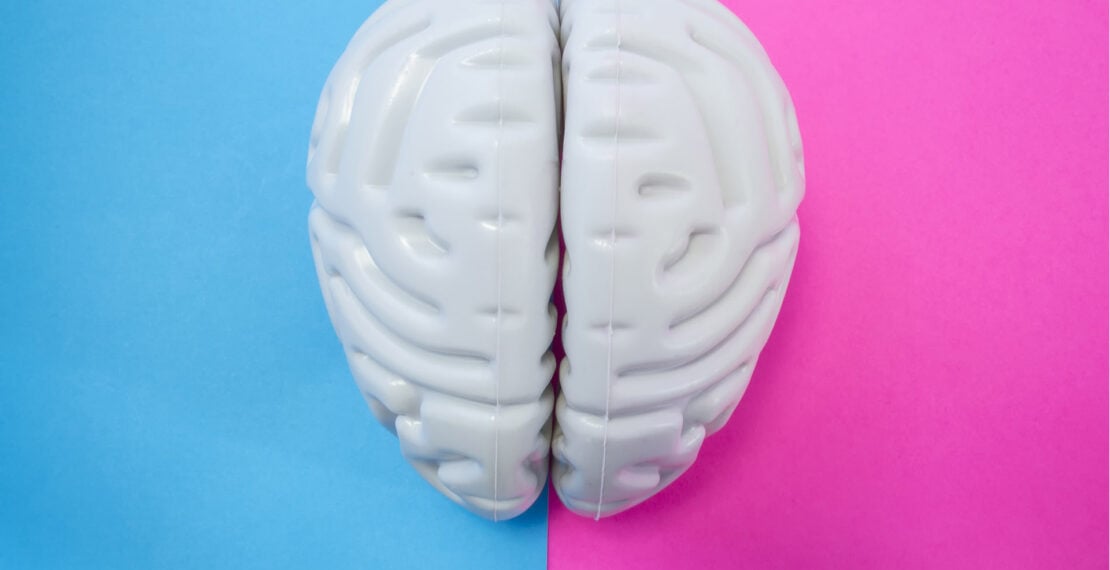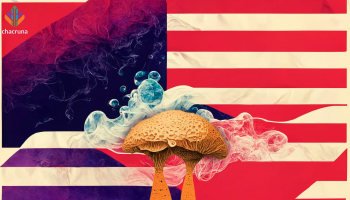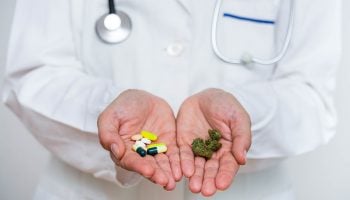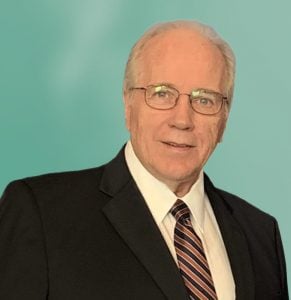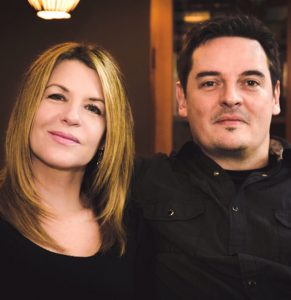Disclaimer: Psychedelics are largely illegal substances, and we do not encourage or condone their use where it is against the law. However, we accept that illegal drug use occurs and believe that offering responsible harm reduction information is imperative to keeping people safe. For that reason, this article is designed to enhance the safety of those who decide to work with psychedelics.
MDMA and psilocybin-assisted therapy have dominated the headlines due to their fast-approaching FDA approvals. Research in these areas continues to flourish, but LSD may be the next psychedelic to enter mainstream medicine. The largest well-controlled clinical trial of LSD ever is underway and may lead to phase-3 completion by the end of next year. This historic trial is just one of several recent clinical and preclinical studies exploring entheogens for mental and physical health. And as psychedelic researchers continue publishing more evidence, political leaders are taking notice and making regulatory changes. Let’s review the top psychedelics news stories for September 2022.
Psilocybin may impact male and female brains differently
Clinical studies overwhelmingly show psilocybin therapy frees people from mental illness and addiction. Experts believe the psychedelic works by calming the brain’s default mode network and clearing space for transformative insights. But researchers have more work to do to understand psilocybin’s complex mechanism of action. In the latest preclinical psilocybin study, scientists investigated how magic mushroom’s active ingredient, psilocin, could affect male and female brains differently. To do this, they measured both genders’ central amygdala activity and reactivity post psilocybin sessions. The amygdala is the brain region responsible for “fight or flight” responses, and a dysregulated amygdala often leads to mental illness. Here’s what they found:
- A single dose of psilocin reduced amygdala reactivity to an aversive stimulus in males but not female rats.
- Researchers witnessed amygdala activity changes as early as two and as long as 28 days following administration in males but not females
- On a behavioral level, females actively responded to threatening stimuli by fleeing the area, while males were split between fleeing and freezing.
These preliminary findings give credence to future research on gender-dependent psychedelic effects.
Miami clinic administers the first dose in a historic LSD trial
Segal’s Center for Psychedelic and Cannabis Research in Miami just kicked off the first federally approved clinical trial on LSD for generalized anxiety disorder (GAD). The historic trial, funded by biopharmaceutical company, MindMed, seeks to elevate LSD’s therapeutic potential to MDMA and psilocybin status. The Miami clinic, part of Segal Trial’s South Florida network, administered the first dose of the LSD pharmaceutical MM-120 on August 24th. The study spans 20 clinics nationwide, and Segal Trials will contribute 10-20 out of the 200 patients MindMed is examining in its second phase. Patients will receive one of four different dose strengths, while others will get a placebo. The data will launch MindMed into the trial’s third phase, followed by the goal of FDA approval. The company hopes to complete all three phases by November 2023.
Grow 1 Year's Worth of Microdoses in Just 6 Weeks
Third Wave partnered with top mycologists to create the world’s easiest and best mushroom growing program (kit, course, and expert support).
- Pre-sterilized and sealed
(ready to use out of the box) - Step-by-step video and text course
- Access to growing expert in community
- Make your first harvest in 4-6 weeks
- Average yield is 1 - 4 ounces (28-108g)
- Fits in a drawer or closet
- Enter info for Third Wave discounts:
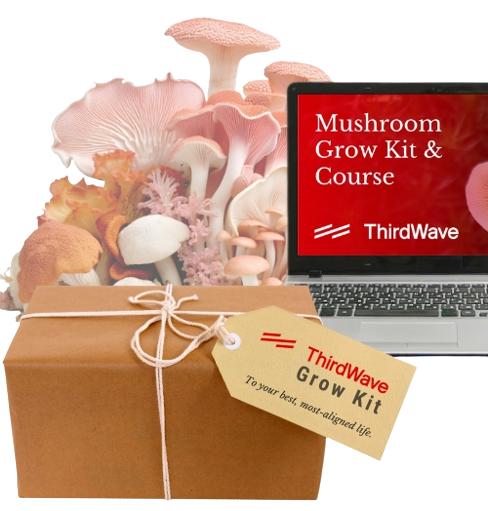
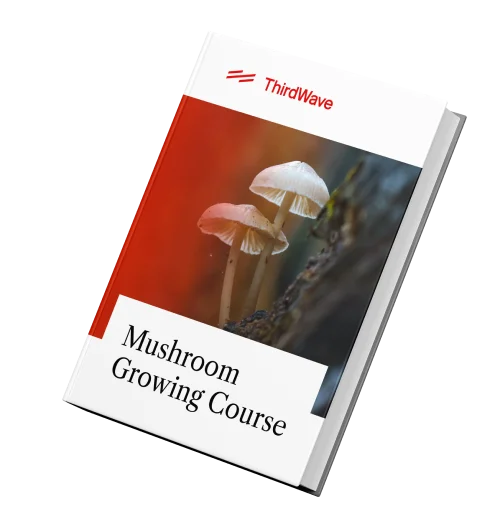
Grow 1 Year's Worth of Microdoses in Just 6 Weeks
Third Wave partnered with top mycologists to create the world’s easiest and best mushroom growing program (kit, course, and expert support).
- Pre-sterilized and sealed
(ready to use out of the box) - Step-by-step video and text course
- Access to experts in community
- Make your first harvest in 4-6 weeks
- Average yield is 1 - 4 ounces (28-108g)
- Fits in a drawer or closet
- Enter info for Third Wave discounts
San Francisco votes unanimously on psychedelics bill
Oakland, Arata, and Santa Cruz have already decriminalized or deprioritized psychedelics prosecutions. It was only natural that San Francisco become the fourth California city to follow suit. In July, city officials presented a new measure to reduce non-violent drug offenses. The bill, sponsored by Decriminalize Nature, didn’t explicitly decriminalize entheogens. But it deprioritized psychedelic arrests to the lowest possible level On September 6, the city’s Board of Supervisors voted unanimously in favor of the resolution. While deprioritizing arrests, resolution 379-22 explicitly states the value of entheogenic plants for substance abuse, addiction, recidivism, trauma, post-traumatic stress, chronic depression, severe anxiety, end-of-life anxiety, grief, diabetes, and headaches. As a result of the bill’s passage, San Franciscans can freely ingest entheogenic plants containing ibogaine, DMT, mescaline, and psilocybin without fear of retribution.
Psilocybin study shows hope for alcohol use disorder
A growing body of evidence suggests psychedelics can help people break free from addiction by forging new neural networks. This brain rewiring process, known as neuroplasticity, can diminish obsessive substance-focused thoughts, allowing space for healthier choices. Studies have shown promising results, but most have been limited in size and scope. In the most expansive, randomized, controlled trial of its kind, researchers from New York University (NYU) Langone Health Center, the University of Alabama at Birmingham, and the University of New Mexico sought to overcome that limitation. Their multi-site study published in JAMA Psychiatry found that two psilocybin doses, combined with 12 psychotherapy sessions, helped participants significantly reduce alcohol intake. Specifically:
- Over 80 percent of those who received psilocybin dramatically reduced alcohol consumption eight months after the study, compared to just over 50 percent in the control group
- At the end of the trial, half of those in the psilocybin treatment group had quit drinking altogether, compared to about one-quarter in the control group.
Grow 1 Year's Worth of Microdoses in Just 6 Weeks
Third Wave partnered with top mycologists to create the world’s easiest and best mushroom growing program (kit, course, and expert support).
- Pre-sterilized and sealed
(ready to use out of the box) - Step-by-step video and text course
- Access to growing expert in community
- Make your first harvest in 4-6 weeks
- Average yield is 1 - 4 ounces (28-108g)
- Fits in a drawer or closet
- Enter info for Third Wave discounts:


Grow 1 Year's Worth of Microdoses in Just 6 Weeks
Third Wave partnered with top mycologists to create the world’s easiest and best mushroom growing program (kit, course, and expert support).
- Pre-sterilized and sealed
(ready to use out of the box) - Step-by-step video and text course
- Access to experts in community
- Make your first harvest in 4-6 weeks
- Average yield is 1 - 4 ounces (28-108g)
- Fits in a drawer or closet
- Enter info for Third Wave discounts
Researchers believe in psilocybin for obesity, despite recent findings
The overwhelming majority of psychedelics research focuses on mental health. But what are the mental conditions that affect physical health? Couldn’t psychedelics improve total well-being since the mind and body are inextricably linked? A team of researchers from the University of Copenhagen thought so, exploring whether psilocybin could treat obesity in rats. Unfortunately, preliminary results didn’t show a correlation between psilocybin and reduced body weight or food intake in obese mice. But the researchers weren’t discouraged. Citing psilocybin’s known ability to fight addiction, the Denmark team believes human trials could prove effective at curbing food cravings and ultimately lead to reduced body weight.
September marked another memorable month toward progressing the psychedelic mission. We look forward to continuously updating you with the latest, high-quality news surrounding plant medicines, clinical developments, education, and more. Did you enjoy this article? Let us know! See something missing? We’ll consider adding it. Contact us today.

